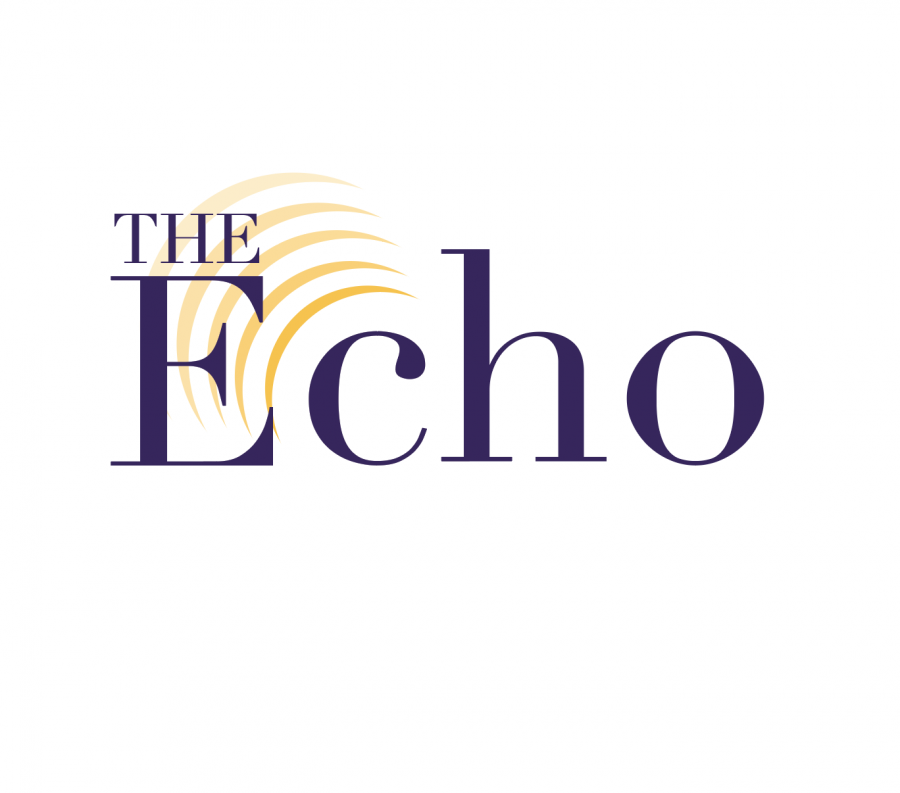Let’s kill the ‘pink tax’
March 10, 2020
Menstruation is not a choice, and yet, females have no choice in spending sometimes excessive amounts of money on period products, and in more extreme cases, access to period products is seen as a privilege more than a right.
At the very least, tampons and pads should be available for free in public restrooms, just like toilet paper. This is a change that I think should be made globally, but in particular, in colleges and universities throughout the United States.
According to Global Industry Analysts, total sales for feminine hygiene products in the U.S. were $5.9 billion in 2017, and in 2020 are expected to reach $6.2 billion for domestic sales and $40 billion worldwide.
Scotland is the first country to recognize and address the issue of what is known as ‘period poverty’, or the challenges women face to afford products for menustration. The Period Products (Free Provision) Scotland Bill, passed through the first stage of legislation in February with 112 votes in favor and one abstention.
“I hope other countries see it as inspiration,” Cal Lutheran sophomore Athena Alexander said. “It would be amazing if countries of the world followed in Scotland’s footsteps.”
Monica Lennon, a member of the Scottish parliament, first introduced the bill in 2017.
During a parlimentary debate Feb. 25, she said that this is the chance for women and girls to be put first for the first time in a political process that often leaves them behind, adding that menstruation is normal and free access to the products should be normal too.
According to Free The Tampons, an organization that promotes equality for all and empowers women, there are currently only four states in the United States that mandate free menstrual products for students, and in California, there is still a tax on such products.
“I think that period products should be free or at least heavily reduced in cost,” Alexander said. “Everyone should be able to get period products and it’s awful that in a capitalist system we have to pay for things when we have no control over it happening.”
In 2017, the University of Washington began offering free menstrual products as a pilot program, and in 2018, the program became permanent, according to the university’s website. The university is one of the only in the country to put such a program in place.
According to a survey by the nonprofit organization PERIOD and period underwear company Thinx, “20 percent (1 in 5 teens) have struggled to afford period products or were not able to purchase them at all.”
Additionally, the survey found that of the 1,000 participants, about 61% have worn a tampon or pad for more than four hours, due to a lack of access to period products. Because of this, the stress surrounding access to period products actually puts women in danger of infection or toxic shock syndrome.
Other universities, public institutions, as well as governments should begin to follow in Scotland’s and the University of Washington’s footsteps in order to create equality, reduce stress and resolve the issue of period poverty worldwide.
The issue of period poverty is a very real one, even though it doesn’t get nearly as much exposure as it should.
A survey taken by researchers for Obstetrics & Gynecology found that nearly two-thirds of low-income women in a large U.S. city could not afford menstrual hygiene products in 2018.
Many women also reported having to choose between purchasing food or period products.
In a time in which women’s rights are under a microscope, perhaps more than ever before, access to menstrual products is a crucial part that cannot be neglected.
Other women’s health services, such as birth control and even abortions, are offered at no cost by government-funded organizations like Planned Parenthood. If these services can be offered at no cost, I don’t see why the most basic necessity of tampons and pads shouldn’t be offered as well. These products are just as important and necessary, if not more.
As a woman, I find it unfair that we are subjected to the additional costs of menstrual products. Women don’t choose to have a period, but we don’t have access to free products to get us through our “time of the month.” At the very least, the need for tampons and pads should be considered the same as the necessity of toilet paper by the government, public institutions and universities.
I don’t see why a university that costs tens of thousands of dollars cannot offer more free access to such products to their female students.
Ultimately, menstruation is not a choice. It is no different from the bodily function and biological need to go to the bathroom. If we can all agree on this fact, then why should women have to pay for it?




















